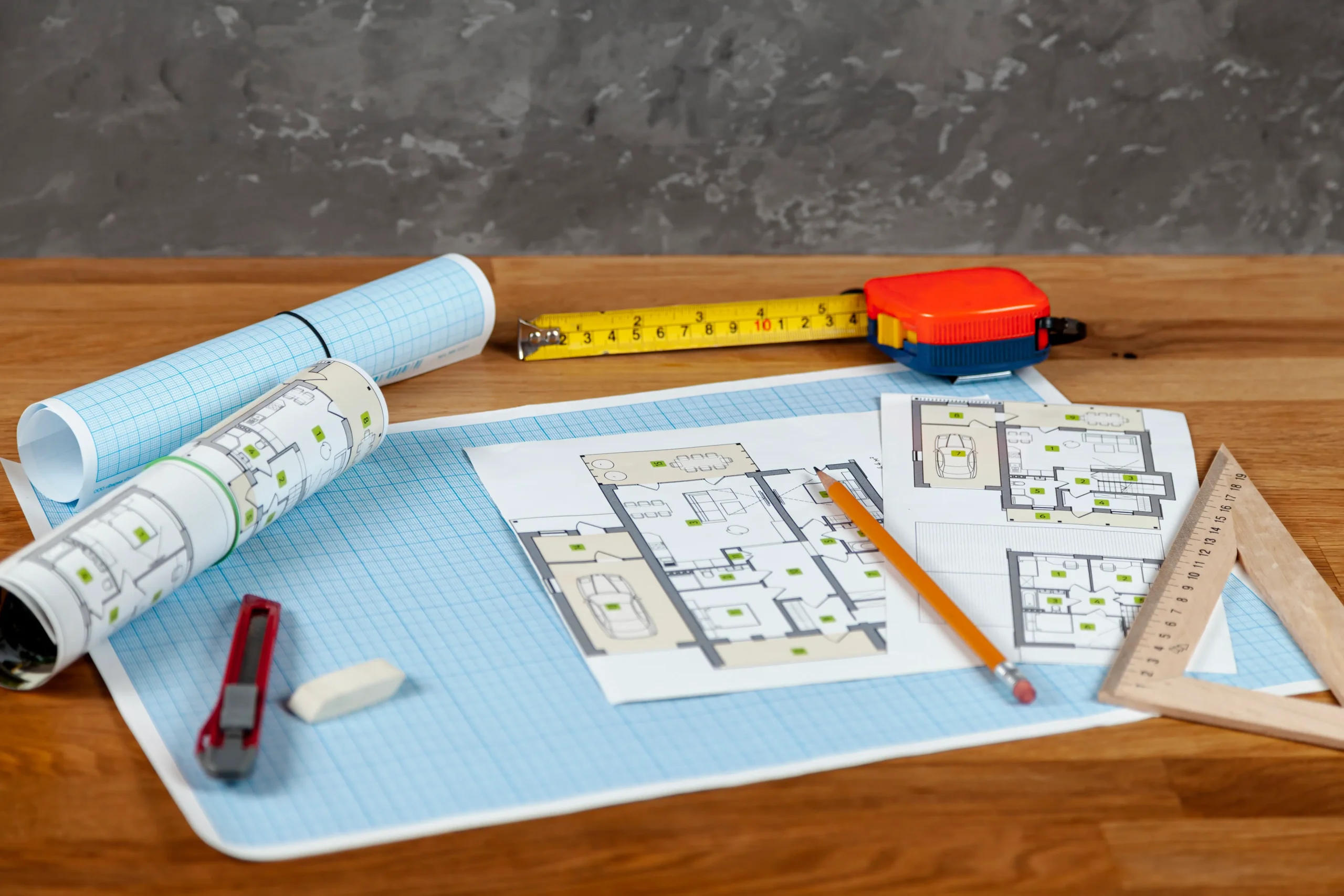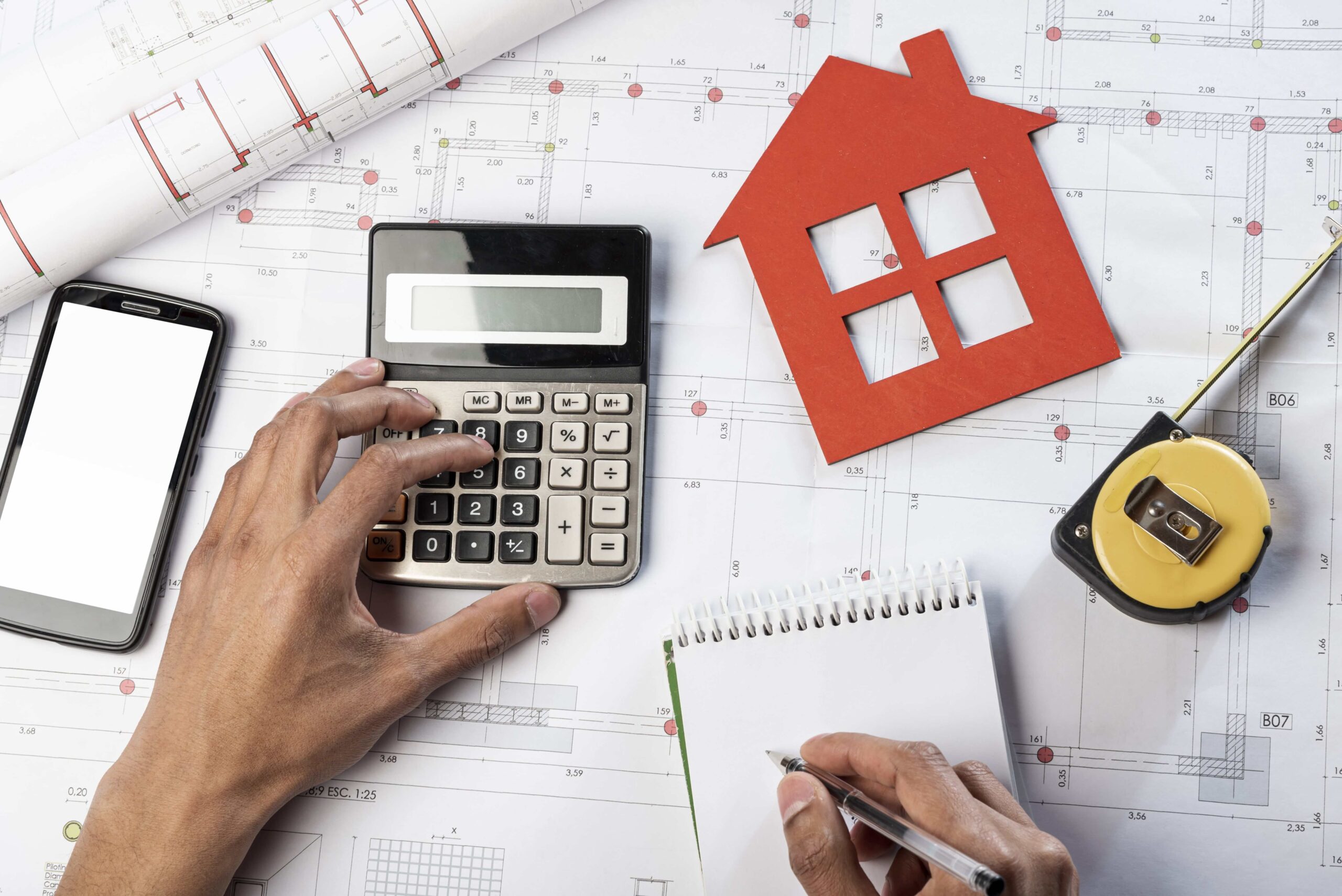Understanding the Salsette27 Advantage
Before delving into the specific reasons, it’s important to understand what makes Salsette so special. Salsette Island, which is the second-largest island in Mumbai, has a fascinating history that dates back centuries. The island has witnessed numerous cultural and historical events, making it a place of great significance in the city’s heritage.
Salsette Island’s captivating history is a tapestry woven with tales of ancient civilizations and colonial influences. From the early human settlements in the Stone Age to the reign of dynasties like the Mauryas, Chalukyas, and the Portuguese, each era has contributed to the island’s diverse cultural fabric. The remnants of these bygone eras can still be seen in the architecture, traditions, and stories that permeate Salsette’s landscape.
The Real Estate Landscape in Salsette
One of the major advantages of choosing Salsette for your South Mumbai flat is the wide variety of housing options available. From luxurious high-rise 2 BHK and 3 BHK apartment, Salsette offers something for everyone’s taste and preference. The real estate market in Salsette is highly competitive, offering potential buyers and investors a range of choices to suit their needs and budget.
Salsette, also known as the heart of South Mumbai, is a vibrant and bustling neighborhood that seamlessly blends modern living with rich cultural heritage. The streets are lined with quaint cafes, designer boutiques, and art galleries, creating a unique charm that attracts residents and visitors alike. Living in Salsette means being surrounded by a dynamic community and having easy access to a plethora of amenities, from world-class restaurants to top-notch schools and healthcare facilities.
The Variety of Housing Options
Whether you’re looking for a cosy two-bedroom apartment or a sprawling penthouse with panoramic views of the city, Salsette has it all. The diverse real estate landscape ensures that you can find a property that matches your lifestyle and requirements.
Each residential property in Salsette is meticulously designed to offer a blend of comfort, style, and functionality. Twin towers feature state-of-the-art amenities such as infinity pools, fitness centres, and landscaped gardens, providing residents with a luxurious living experience. Additionally, the architectural diversity in Salsette caters to different design preferences, ranging from contemporary minimalist structures to elegant colonial-inspired facades.
The Investment Potential of Salsette Properties
Investing in a property in Salsette offers not just a place to call home, but also a lucrative investment opportunity. With its strategic location, growing demand, and planned infrastructure developments, property values in Salsette are expected to appreciate significantly in the coming years. This makes Salsette an ideal choice for both homeowners and investors looking for long-term gains.
Furthermore, the rental market in Salsette is robust, providing property owners with a steady stream of income. The high demand for rental properties in this sought-after neighbourhood ensures a low vacancy rate and attractive rental yields. Whether you’re purchasing a property for investment purposes or as a primary residence, Salsette promises a rewarding real estate experience that combines financial growth with a high quality of life.
The Lifestyle and Amenities in Salsette
Living in Salsette offers a unique lifestyle enriched by its vibrant cultural scene and an array of recreational facilities.
Salsette, nestled in the heart of a picturesque landscape, is a haven for those seeking a harmonious blend of nature and urban living. The city’s architecture reflects a mix of traditional charm and modern influences, creating a visually stunning backdrop for residents and visitors alike.
The Unique Cultural Scene
Salsette is known for its rich cultural heritage and vibrant arts scene. From art galleries and theatres to museums and cultural festivals, there is always something happening in Salsette to cater to your artistic sensibilities.
Exploring the streets of Salsette, one can witness the fusion of different cultural elements that have shaped the city’s identity over the centuries. Local artisans and performers add a touch of authenticity to the cultural tapestry, making every corner of Salsette a story waiting to be discovered.
The Array of Recreational Facilities
Salsette boasts a wide range of recreational facilities, including lush green parks, sports complexes, fitness centers, and waterfront promenades. Whether you want to go for a jog or spend a leisurely evening by the sea, Salsette has you covered.
For outdoor enthusiasts, Salsette offers a plethora of activities such as hiking trails, cycling paths, and water sports facilities. The city’s commitment to promoting a healthy and active lifestyle is evident in the well-maintained recreational spaces that cater to people of all ages and interests.
The Array of Recreational Facilities
Salsette boasts a wide range of nearby amenities, ensuring a luxurious and convenient lifestyle for its residents. Health and wellness are well catered for with the presence of Wockhardt Hospital and Global Hospital, providing top-notch medical services. For leisure and entertainment, residents can enjoy the nearby racecourse, Four Seasons Hotel, St. Regis, and Phoenix Mall, offering a variety of dining, shopping, and entertainment options.
On the premises, Salsette offers extensive amenities including a clubhouse, a beautifully landscaped garden with a pond, rainwater harvesting, and a sewage treatment plant. For fitness enthusiasts, there is a gymnasium, steam room, massage/spa room, indoor badminton court, swimming pool with a deck area, walkways, and a cricket practice pitch. Additional recreational facilities include a BBQ area, reading corner, and both indoor and outdoor Jacuzzis. Whether you want to relax, stay active, or enjoy quality time with family and friends, Salsette provides everything you need for a vibrant and fulfilling lifestyle.
The Proximity to Key City Landmarks
Salsette’s strategic location ensures easy accessibility to major business districts, educational institutions, healthcare facilities, and entertainment hubs. Whether you need to commute to work or take your children to school, everything is within reach when you live in Salsette.
Furthermore, Salsette is in close proximity to iconic landmarks such as the Bandra-Worli Sea Link, which not only offers a picturesque view but also serves as a vital link between the western suburbs and South Mumbai. Residents can enjoy leisurely drives along the sea link, taking in the breathtaking sights of the Arabian Sea and the city skyline.
The Future Prospects of Living in Salsette
Salsette’s future prospects are incredibly promising, thanks to planned infrastructure developments and the potential for property appreciation.
The Planned Infrastructure Developments
The government has planned several infrastructure projects for Salsette, including the expansion of roads, the development of metro rail lines, and the improvement of civic amenities. These developments will enhance the quality of life in Salsette and contribute to the overall growth of the area.
The Potential for Property Appreciation
Investing in a property in Salsette not only offers a comfortable lifestyle but also the potential for significant appreciation in value. As the area continues to grow and develop, property values are expected to rise, providing homeowners and investors with a substantial return on their investment.
In conclusion, Salsette offers a unique advantage for those seeking a luxurious and convenient lifestyle in South Mumbai. With its rich history, strategic location, diverse real estate landscape, vibrant lifestyle, excellent connectivity, and promising future prospects, Salsette stands out as an ideal destination for those looking to buy a flat in South Mumbai. By choosing Salsette, you’ll be investing in a home that provides not just comfort and convenience but also long-term value and a vibrant community to be a part of.

























 Carpet area
Carpet area



